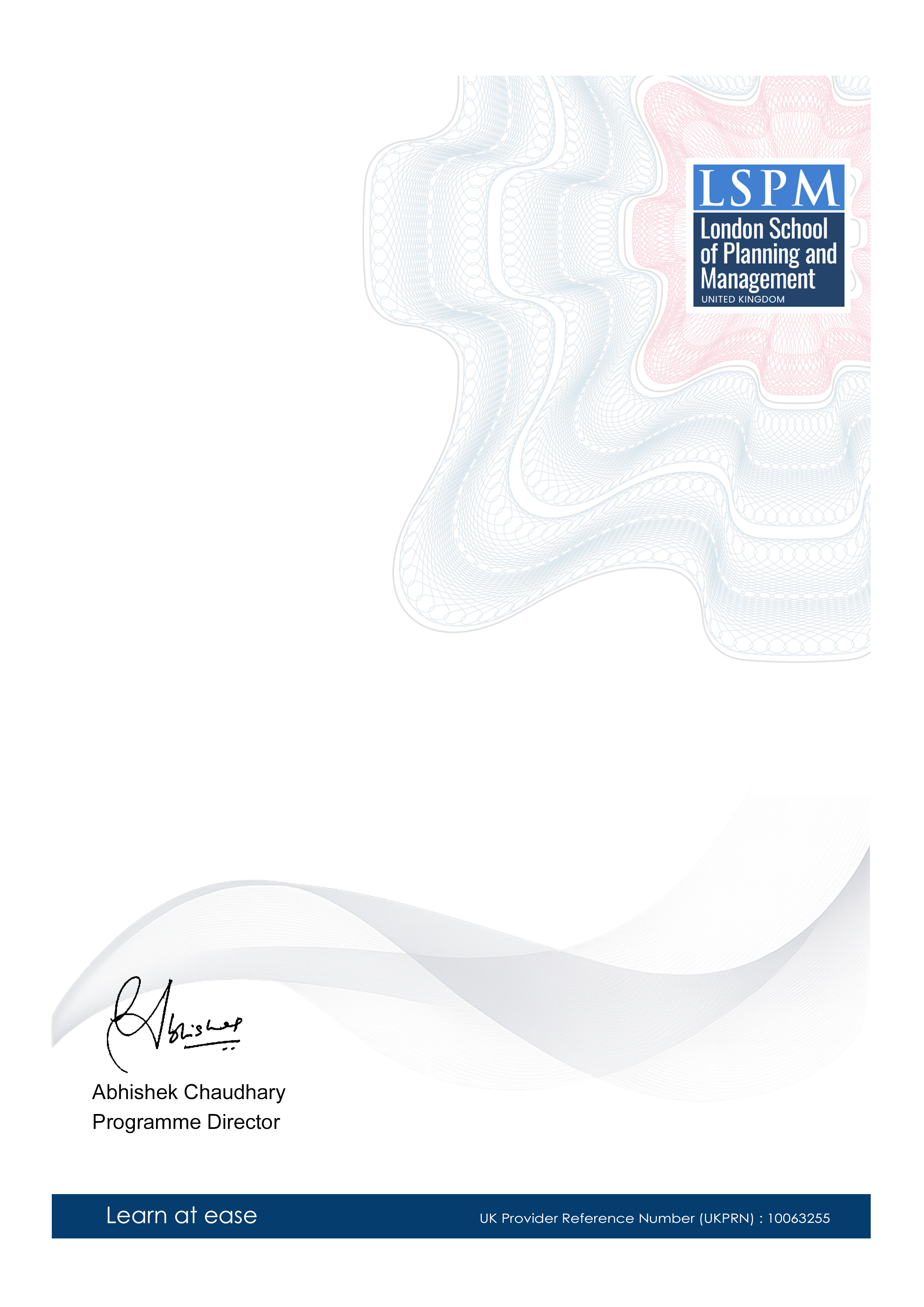Executive Certificate in Introduction to Industrial Automation Fundamentals
-- viewing nowThe Executive Certificate in Introduction to Industrial Automation Fundamentals is a comprehensive course designed to equip learners with essential skills for career advancement in today's automated industry. This course covers the fundamental concepts of industrial automation, including programmable logic controllers (PLCs), distributed control systems (DCS), supervisory control and data acquisition (SCADA), and robotics.
6,201+
Students enrolled
GBP £ 149
GBP £ 215
Save 44% with our special offer
About this course
100% online
Learn from anywhere
Shareable certificate
Add to your LinkedIn profile
2 months to complete
at 2-3 hours a week
Start anytime
No waiting period
Course details
• Introduction to Industrial Automation: Defining automation, its history, and importance in modern industries.
• Industrial Sensors: Types, functions, and applications of sensors in industrial automation systems.
• Programmable Logic Controllers (PLCs): Understanding PLC architecture, programming, and operation.
• Motor Control and Drives: AC and DC motor operation, motor control techniques, and drive systems.
• Human-Machine Interfaces (HMIs): Designing and implementing user-friendly HMIs for industrial automation systems.
• Supervisory Control and Data Acquisition (SCADA): SCADA architecture, communication protocols, and data visualization.
• Robotics in Industrial Automation: Types of industrial robots, programming, and applications.
• Industrial Networks and Communication: Network topologies, protocols, and cybersecurity in industrial automation systems.
• Industry 4.0 and Smart Factories: Overview of Industry 4.0, IoT, AI, and smart factory concepts.
Career path
Entry requirements
- Basic understanding of the subject matter
- Proficiency in English language
- Computer and internet access
- Basic computer skills
- Dedication to complete the course
No prior formal qualifications required. Course designed for accessibility.
Course status
This course provides practical knowledge and skills for professional development. It is:
- Not accredited by a recognized body
- Not regulated by an authorized institution
- Complementary to formal qualifications
You'll receive a certificate of completion upon successfully finishing the course.
Why people choose us for their career
Loading reviews...
Frequently Asked Questions
Course fee
- 3-4 hours per week
- Early certificate delivery
- Open enrollment - start anytime
- 2-3 hours per week
- Regular certificate delivery
- Open enrollment - start anytime
- Full course access
- Digital certificate
- Course materials
Get course information
Earn a career certificate

